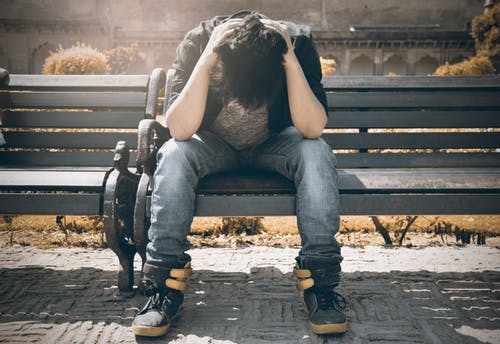It can be challenging relating to someone going through grieving moments because you might not understand what they are going through. Therefore it is important to learn how to help them so that they would come out of their grief faster.

You can use these tips to help someone deal with grief symptoms
Learn about grief
One of the primary reasons why you are stuck on what to do is because you don’t know what grief means. You need to have a broad understanding of how it works so that you can help someone facing it.
For instance, you can begin by learning the definition of grief, the stages of grief, symptoms, etc. When you have this knowledge, helping them becomes easier.
Show kindness
If you have someone dealing with grief, this is the best time to be kind to them. Since you know how grief works, you will be able to practice showing love so that they can feel better.
One of the ways to do this is by doing things they would love. This would take their hearts off what they are facing temporarily. When you do this over time, they will recover gradually.
Discourage them from addiction
People dealing with grief are likely to rely on substances or addictive behaviors so that they can cope. However, they end up complicating the whole situation because addiction has negative long-term effects.
Therefore, support them by discouraging them from their addictive habits. You need to do this lovingly so that they won’t think that you’re attacking them or being hostile.
Encourage them to talk to a professional
Someone dealing with grief is likely to have a good understanding of what they are facing when they speak with a professional. It is advisable to speak with a mental health counselor or a therapist.
They are great at helping individuals understand the root cause of what they are facing so that they can be more motivated to seek help.


